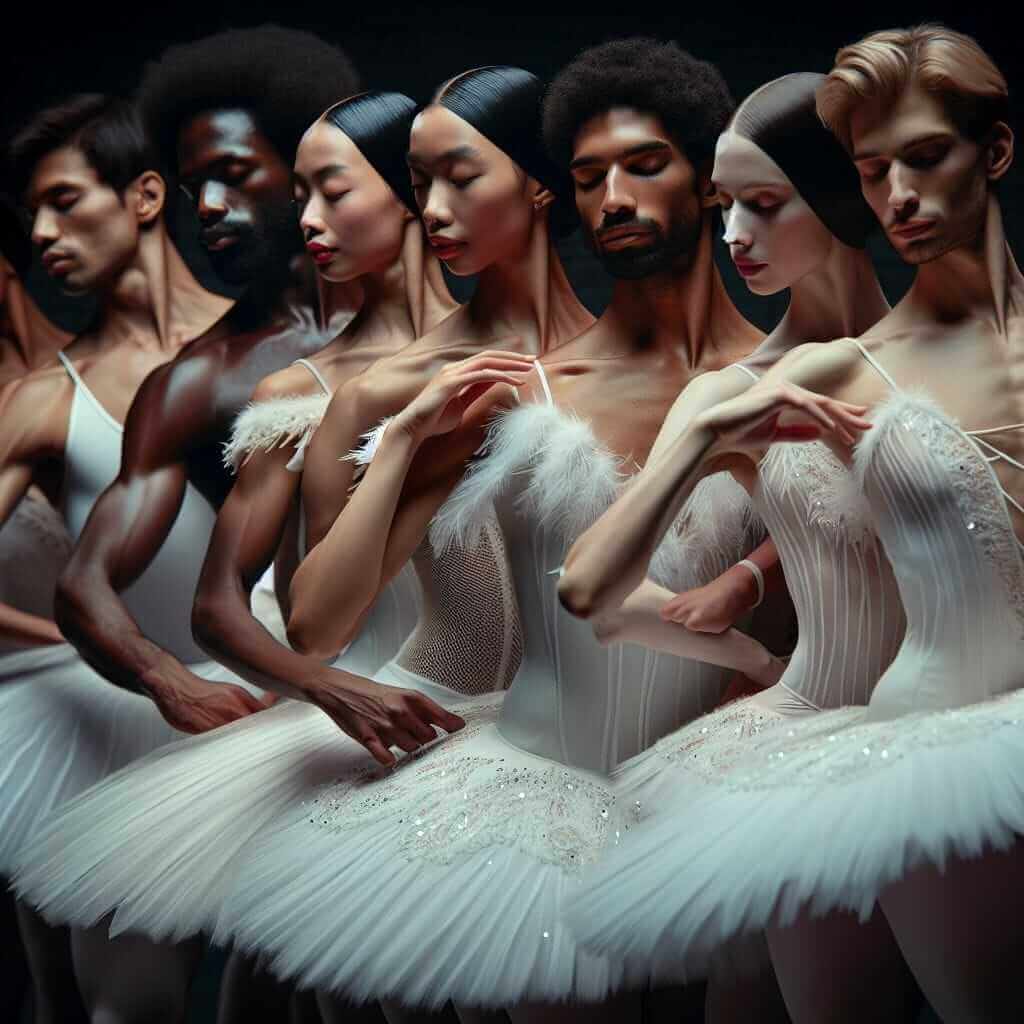The IELTS Speaking test assesses your ability to communicate effectively in English. One common question you might encounter is “What are some of your favorite forms of art?”. While seemingly straightforward, this question aims to evaluate more than just your artistic preferences; it probes your vocabulary, fluency, and ability to elaborate on a topic.
Understanding the Question’s Purpose
Examiners ask about your favorite art forms to assess:
- Vocabulary Range: Can you use a variety of words related to art and express your preferences?
- Fluency and Coherence: Can you speak smoothly and logically connect your ideas?
- Grammar Accuracy: Are you using correct grammatical structures?
- Pronunciation and Intonation: Can you be understood easily, and do you vary your voice’s pitch and tone naturally?
Crafting Your Response
Here’s a step-by-step guide to formulating a compelling answer:
1. Introduce Your Preferences
Begin by directly stating one or two art forms you enjoy. Use precise vocabulary to showcase your range.
Examples:
- “I’m particularly drawn to visual arts, especially photography and contemporary painting.”
- “I have a deep appreciation for the performing arts, particularly ballet and live theater.”
2. Elaborate and Explain
Provide reasons for your preferences. This is where you demonstrate fluency, coherence, and the ability to develop your ideas.
Examples:
- Photography: “I find photography fascinating because it captures fleeting moments in time and allows us to see the world through different perspectives.”
- Contemporary Painting: “I’m intrigued by the way contemporary artists challenge traditional norms and express themselves through bold colors and abstract forms.”
- Ballet: “The combination of athleticism and grace in ballet is captivating. I’m always mesmerized by the dancers’ precision and the emotions they convey through movement.”
- Live Theater: “There’s nothing quite like the experience of watching a live performance unfold on stage. The energy, the emotions, the connection between actors and audience—it’s truly magical.”
3. Provide Specific Examples
To further strengthen your response, mention specific artists, works, or experiences related to your chosen art forms.
Examples:
- “One photographer whose work I admire is Annie Leibovitz. Her portraits are iconic and capture the essence of her subjects.”
- “I recently saw a stunning exhibition of abstract expressionist paintings at the Museum of Modern Art, and I was blown away by the energy and emotion conveyed through the brushstrokes.”
- “I was fortunate to see the Bolshoi Ballet perform Swan Lake last year, and it was an unforgettable experience. The dancers were breathtaking.”
- “I’m a huge fan of Shakespearean plays. The language, the characters, the timeless themes—they always resonate with me.”

4. Conclude Concisely
Summarize your points briefly or express your continued interest in exploring various art forms.
Examples:
- “Overall, I find art to be a powerful form of expression and a source of endless inspiration.”
- “I’m always eager to experience new forms of art and broaden my horizons.”
Sample Response
“If I had to choose, I’d say my favorite forms of art are probably film and music. I appreciate how film can transport you to different worlds and evoke such a wide range of emotions. I’m a big fan of classic movies, especially those from the golden age of Hollywood. There’s something so magical about the storytelling and the artistry of those films. And as for music, well, it’s just such an integral part of my life. I love how it can instantly change your mood and connect you to other people. From classical to jazz to modern pop, I enjoy a variety of genres depending on my mood.”
Tips for Success
- Be Honest: Speak about art forms you genuinely enjoy. Your passion will shine through.
- Practice Regularly: The key to fluency is practice. Record yourself answering the question and analyze your performance.
- Expand Your Vocabulary: Learn a range of adjectives, verbs, and idioms related to art.
- Be Specific: Avoid vague statements. Use concrete examples to support your points.
- Relax and Enjoy the Conversation: The IELTS Speaking test is a conversation, not an interrogation.
Remember, the examiners are evaluating your ability to communicate effectively, not your knowledge of art history. Be confident, express yourself clearly, and enjoy the opportunity to share your passions!